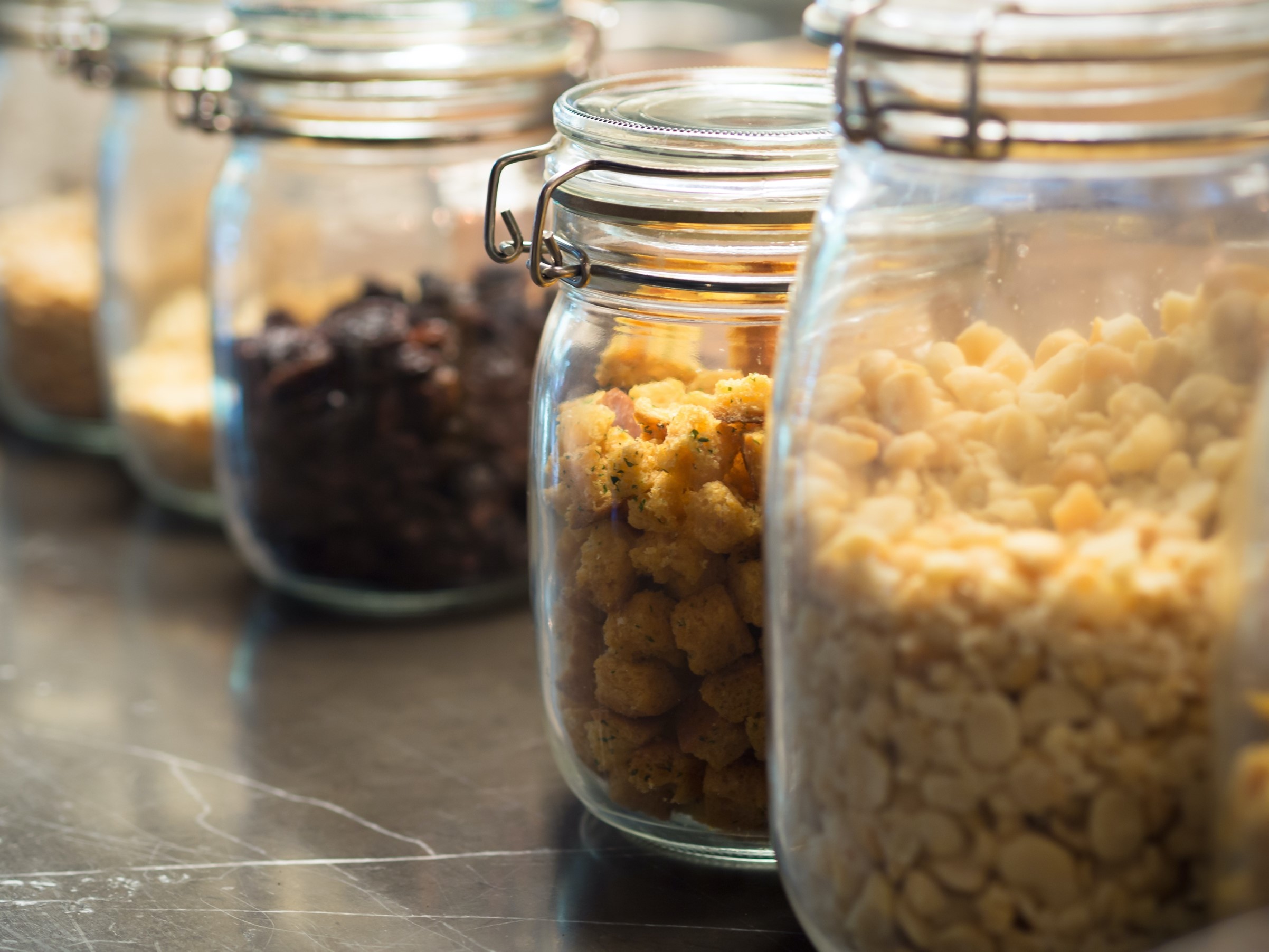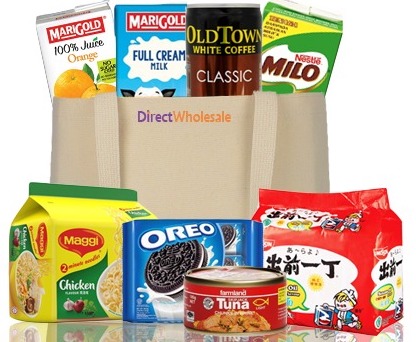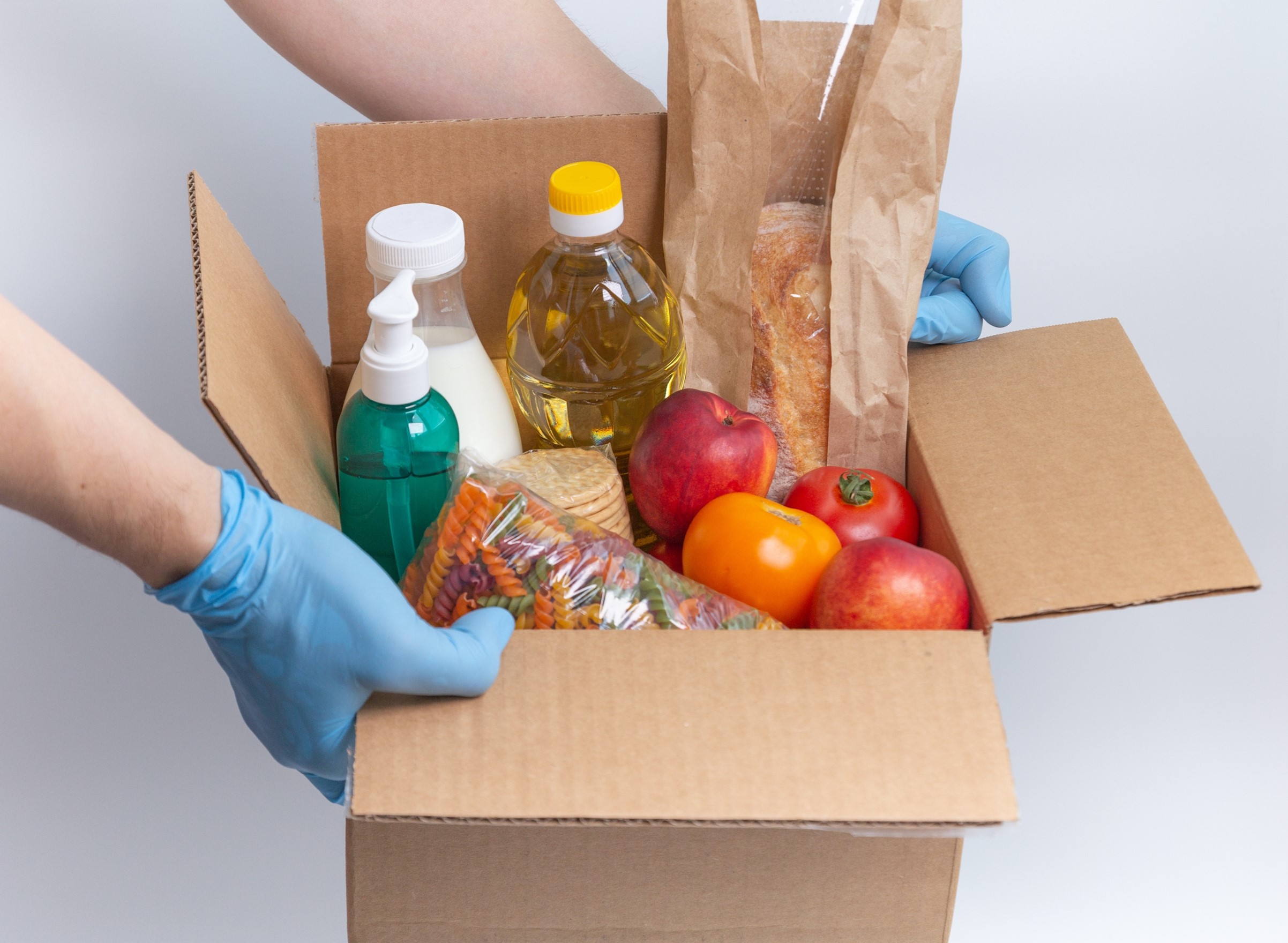Monthly Archives: January 2021
-
Posted: January 21, 2021Read more »

Before the pandemic, most of us had a (real or imaginary) list of goals that grew to unrealistic proportions without any meaningful progress. There’s no time, we sighed. Maybe next year, we promised. Coronavirus came as a rude shock, the circuit breaker stirring us from our routine slumber as we came to terms with life in lockdown. Suddenly, despite the challenges, we were all given more of something increasingly precious: time.
One of the most evident and ominous effects during the early stages of the pandemic was the sudden shortage of essentials in supermarkets and grocery stores throughout Singapore. Surgical masks, hand sanitiser and disinfectant wipes were unsurprisingly the first to go, followed by toilet paper and instant noodles. But soon, products like flour, baking powder, sugar and cooking chocolate began flying off the shelves.
Brief confusion over the sudden s
-
Posted: January 21, 2021Read more »

Cracking an industry as large and competitive as food and beverages can seem like a daunting task. Major players like Nestle, PepsiCo, Mars and Coca-Cola dominate the market, while countless other brands seem destined to scramble for what’s left behind. But what many smaller businesses now realise is that you don’t need to challenge the big fish head-on to rake in the profits – you just need to find a niche and excel at it.
Revenue in Singapore's food and beverages market is tipped to grow by 14% in 2021 and continue rising until at least 2025. Within this colossal market lie thousands of niches designed to meet the evolving and increasingly specific needs of modern consumers. Consider the beverage market: outside of traditional soft drinks and juices, there is an incre
-
Posted: January 18, 2021Read more »

Over the years, businesses in Singapore and beyond have devoted increasing time and effort to creating a better work environment for their employees. The logic is simple enough: if staff like their workspace and the people they work for, they are motivated to achieve better outcomes. Conversely, unsatisfied employees care less about their performance and how it impacts the business.
Office managers around the world have tried a range of strategies to keep workers comfortable and productive. Ping pong tables, video games, air-purifying plants and even nap rooms have been used in Singapore to keep workers engaged, but simple perks like the humble office snack remain some of the most realistic and effective.
Traditional business owners may consider office pantry snacks as
-
Posted: January 18, 2021Read more »

When it comes to food, Singapore is nothing short of a paradise. Whether it’s the street stalls serving up steaming plates of Hainanese chicken and chilli crab, one of more than 40 Michelin star restaurants dotted throughout the city, or the simple comfort of kaya toast in the morning, there is a true melting pot of flavours to please the fussiest of taste buds.
But despite a prosperous economy and a thriving culinary culture shaped by a shared passion for food, thousands of Singaporean families still go to bed hungry every night. One in five low-income households faces severe food insecurity in the form of meal skipping, undereating, running out of food or not knowing how or when they will get their next meal. With
-
Posted: January 18, 2021Read more »

The past decade has introduced challenges to the retail sector, unlike any we’ve seen before. Consumers are changing, and so are their shopping habits: more than one billion people in Asia shop online, with internet and smartphone penetrations expected to reach 59% and 44% respectively by 2021. This surge in digital demand is wreaking havoc on brick-and-mortar stores, making it harder than ever to break even through face-to-face sales.
But despite this unprecedented disruptions, the emergence of ecommerce has given credence to the notion that retail isn’t dying, but reinventing itself. For FMCG companies in Singapore, ecommerce isn’t just a chance to adapt to new trends. It’s a unique opportunity to rethink supply chains, re-evaluate distribution and start creating better, faster and mor
-
Posted: January 18, 2021Read more »
 FMCGs, or fast-moving consumer goods, are one of the most important drivers of Asia’s surging economies. These non-durable products are considered everyday essentials all over the world, with goods ranging from food, beverages and toiletries to cosmetics, stationery and non-prescription medicine.
FMCGs, or fast-moving consumer goods, are one of the most important drivers of Asia’s surging economies. These non-durable products are considered everyday essentials all over the world, with goods ranging from food, beverages and toiletries to cosmetics, stationery and non-prescription medicine.Forecasts estimate a third of the world’s consumer packaged goods growth will come from Asia until 2023, with global industry share at 35 per cent as early as 2022. This rapid growth has paved the way for bigger and better opportunities for the wholesale traders providing goods to the region’s businesses, institutions and governments.
But increasing demand isn’t the only consideration for modern




